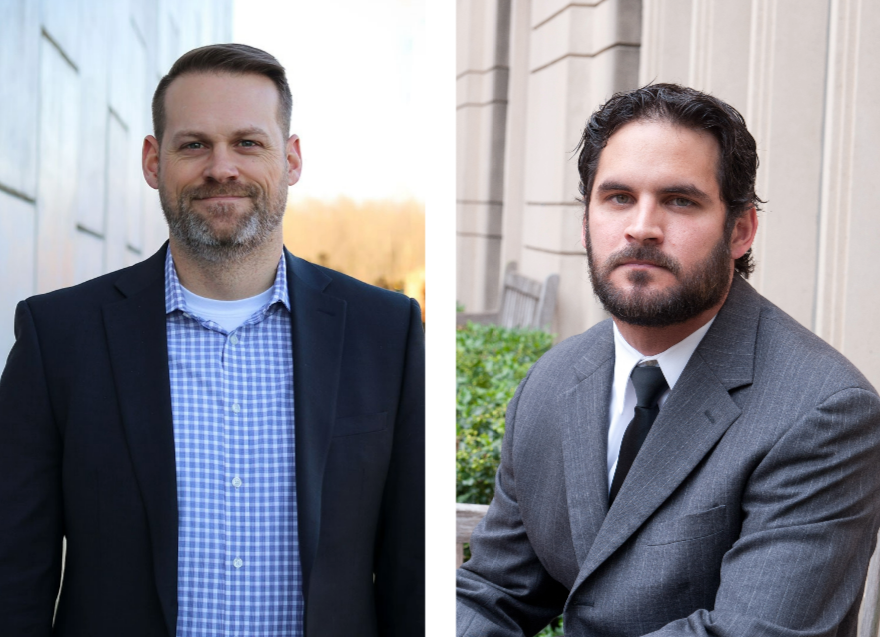MPower Seed Grant Fuels New $762K Research Award to Study Domestic Terrorism Policies

By: Ashley DeMaio | September 27, 2023
Domestic terrorism is on the rise and so is the call for new legislation to combat it. But are new laws or stiffer penalties the answer?
In February 2022, the University of Maryland Strategic Partnership: MPowering the State (MPower) awarded a $64,133 seed grant to the collaborative team of Michael Vesely, JD, and Michael Jensen, PhD, who hoped to answer that question and address the growing gaps in research on the judicial outcomes of international and domestic terrorism cases through a project entitled, “Tackling Terror in the Homeland.”
The work of Vesely, academic program director and senior law and policy analyst at the Center for Health and Homeland Security (CHHS) at the University of Maryland, Baltimore, and co-investigator Jensen, a senior researcher at the National Consortium for the Study of Terrorism and Responses to Terrorism (START) at the University of Maryland, College Park, yielded previously nonexistent empirical data on significant sentencing disparities in the United States.
Now, through a new, multi-year $762,533 grant from the National Institute of Justice (NIJ), the team will leverage their unprecedented findings and unique partnership to expand on their work and to provide extensive legal analysis of the debate over new terrorism legislation.
During the initial project, Vesely and Jensen reviewed more than 340 terrorism prosecutions that occurred under the U.S. criminal code using their collaborative expertise to determine if the laws on the books are effective for prosecuting domestic terrorism or whether additional legislation is needed.
Using the Profiles of Individual Radicalization in the United States (PIRUS) database, which Jensen manages, the team was able to determine whether sentencing disparities in international and domestic terrorism cases are a product of the characteristics of the defendants (e.g., race, gender, previous criminality), the legal statutes applied to their cases, or the nuances of current laws.
Vesely and Jensen found that domestic terrorism prosecutions result in drastically shorter prison and post-incarceration supervisory sentences than international terrorism cases, even when the offenders engage in similar criminal behaviors. The authors attribute much of the inequities in the judicial outcomes of U.S. terrorism cases to deficiencies in the legal code.
The team credits MPower for facilitating a more comprehensive review of this data. “We have different skill sets, and we needed a vehicle that could merge us. MPower was that vehicle,” Vesely said.
“The MPower award and this partnership is critical,” Jensen echoed. “I am not a legal expert, and I knew that we needed one to address all angles of the debate and to inform us of the consequences of hastily passing new laws. That is what Vesely brings to the table.”
The new project will allow for an extension of Vesely and Jensen’s data collection timeline (1990-2024) and will include a legal review of the charges used in international and domestic terrorism prosecutions, proposals for novel legislation, and the potential impact of legal revisions on civil liberties if new laws are enacted.
The team also hopes to identify the role that judicial outcomes play in increasing or lowering the risk that those convicted of international or domestic terrorism will reoffend.
“I cannot express how much I appreciate MPower for giving me the opportunity to work with the START team on these issues,” Vesely said. “Their expertise has enlightened my research, teaching, and field work. I feel very grateful.”




